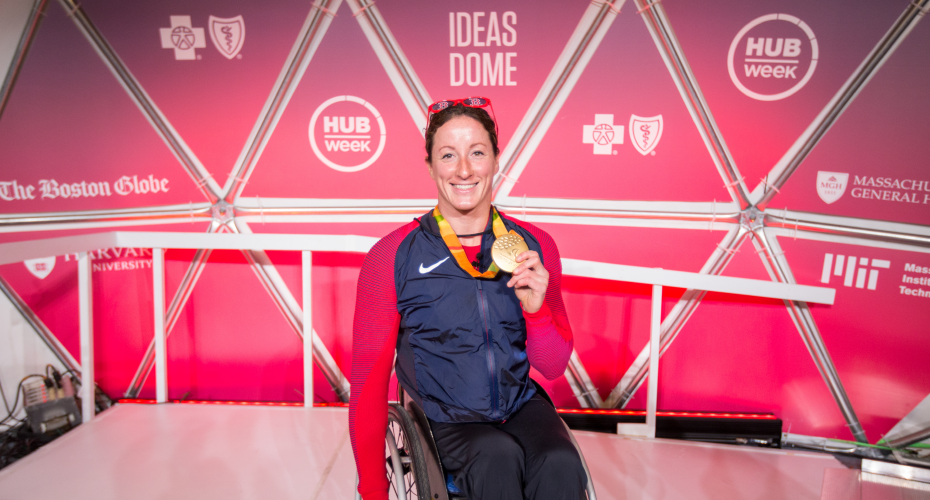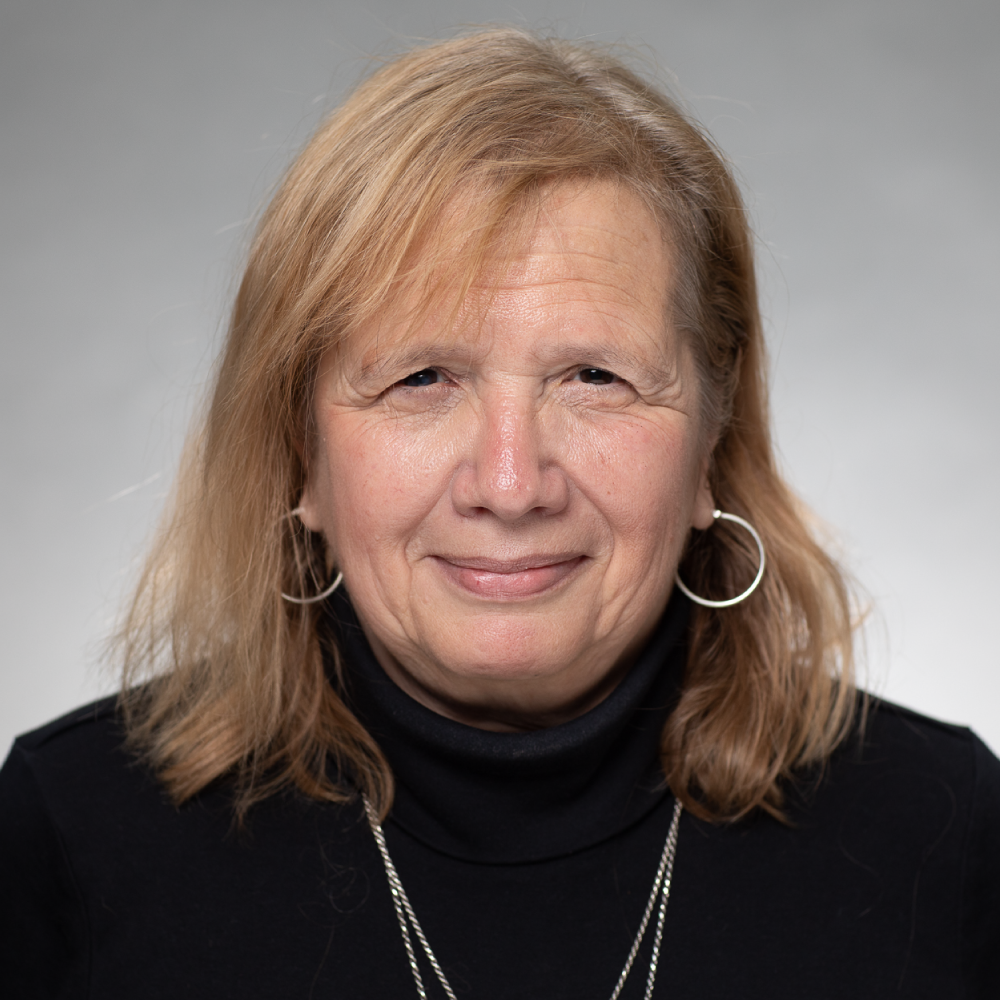Jul 19, 2019
Tatyana McFadden's journey from orphan to world champion
Few athletes have achieved as much glory as Tatyana McFadden. She was the first to win four major marathons in a single year, the first to win six gold medals at the World Championships and is a five-time racing world-record holder.
But life wasn’t always so golden.
McFadden was born in St. Petersburg, in what was then the Soviet Union, in 1989. Early in life, she was diagnosed with spina bifida, a disease that left her paralyzed from the waist down.
Abandoned by her mother, she spent her first six years in a Russian orphanage, using her hands to scoot across the floor because the institution was too poor to afford a wheelchair.
“It wasn’t a difficult childhood,” the 27-year-old recalled, adding that it never really occurred to her that she was disabled.
In 1994, her life changed. That’s when Deborah McFadden, then the commissioner of Disabilities for the U.S. Department of Health and Human Services, visited the orphanage as part of an official visit to Russia. She made an instant connection with the 6-year-old child.
Soon, Deborah and her partner, Bridget O’Shaughnessy, adopted Tatyana and brought her home to the United States.
“I knew the day my mom walked in, my life was going to change forever,” McFadden recently told a crowd at HUBweek.
And change her life did.
Doing wheelies
McFadden joined a family of five, including two adopted sisters. For the first time in her life, she attended school, underwent surgery and got her own wheelchair — a little red one she used to zoom around her family home in Maryland “doing wheelies and scaring my mom.”
Hoping it would build her strength, McFadden’s parents signed her up for sports — a move that would lead to a treasure trove of medals.
“I tried everything,…then I tried wheelchair racing. I knew it was the sport for me,” she said. “By my eighth year, I told my parents, ‘I want to be a Paralympian.’
“I didn’t know what to do,” she said of those dizzying days of early racing. “My parents said, ‘Just run.’ ”
And she did. At 15, she was on the 2004 U.S. Paralympic team at the games in Athens .
She won her first two medals: a silver for the women's 100 meter and a bronze in the women's 200 meter.
Returning home from Athens, the young wheelchairacer was faced with a tough decision. Should she become a professional or go back to high school?. McFadden chose the latter.
She joined the school’s track team but, as the only wheelchair athlete at her high school, wasn’t allowed to get into uniform, travel with the team or get on the track.
So McFadden and her family filed suit against the school district, seeking the right to compete -- hoping to triumph not only for her own sake, but for the sake of her younger sister, who is also a disabled wheelchair racer.
While the case wended its way through the courts, school officials allowed McFadden to race separately, on an otherwise empty track, after the rest of the team had run.
“I got teased. I got bullied,” she recalled. She was told to stick to sports “for your own kind.”
“I didn’t want another high schooler with a disability to go through the same thing,” she said quietly.
A battle worth fighting.
In a landmark ruling, a federal judge ruled McFadden – then 16 -- had the right to compete at the same time (while being scored separately) in high school track meets against able-bodied peers racing on foot.
Years later, the the U.S. Department of Education’s Office of Civil Rights would codify the legal obligations of school districts to provide equal access to extracurricular activities to all students.
Today, McFadden has competed in 24 marathons, including five in Boston, and has 17 world titles. She is the fastest female wheelchair racer on the planet.
She continues her training at her alma mater, the University of Illinois. Nicknamed “The Beast” because of her hill-climbing abilities, she logs between 100 and 200 miles on her wheelchair every week in preparation for the 2020 Paralympics in Tokyo.
Somehow, along the way, she has found time to write a children’s book, “Ya Sama! Moments from My Life,” which chronicles her incredible journey.
When she is not training or writing, McFadden dedicates herself to advocating for education, innovation and inclusion for people with disabilities.
In 2011, she returned to Russia to meet her birth mother and family for the first time, and to visit the orphanage where she spent the first six years of her life.
“It was just something I needed to do to fulfill my life,” she said of that trip.
It felt good, she said, to show others that a child born poor, frail and alone could grow up to change the world.
“I think what set me apart,” she reflected, “is that people looked at me and said, ‘No, she can’t.’ And I said ‘Yes, I can.’ I always believed in myself.”

